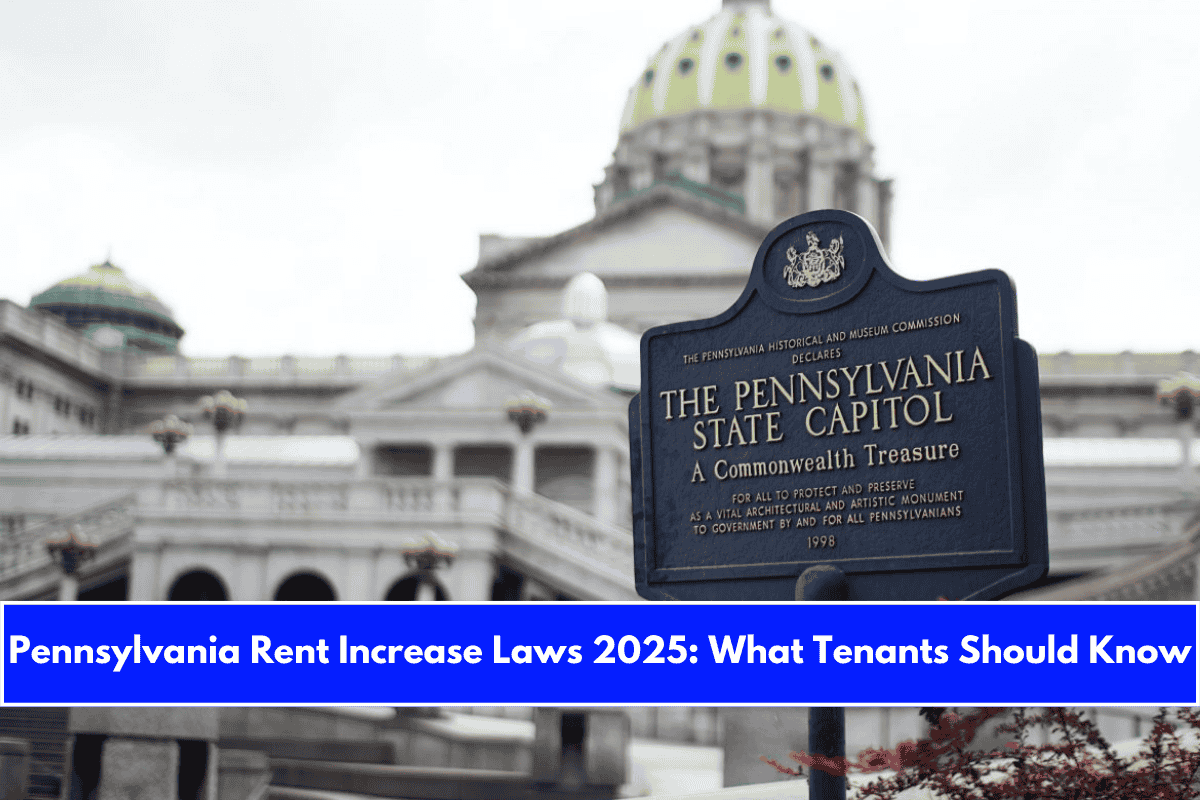As of 2025, Pennsylvania tenants face a rental market with few restrictions on how much landlords can raise rent, but several important protections and procedures are in place. Here’s a comprehensive overview of the current rent increase laws and what tenants should be aware of this year.
No Statewide Rent Control or Cap
Pennsylvania does not have statewide rent control or rent stabilization laws. This means:
- Landlords can raise rent by any amount, including increases greater than 10%, as long as they comply with notice requirements and do not discriminate.
- There is no legal maximum or cap on annual rent increases at the state level.
Notice Requirements
Proper notice is essential for any rent increase:
- Monthly Leases: Landlords must provide at least 30 days’ written notice before a rent increase takes effect.
- Longer-Term Leases: For leases longer than one month (such as annual leases), 60 days’ written notice is typically required before the increase takes effect.
- The notice must clearly state the new rent amount and the date it will become effective.
- Verbal notices are not valid; only written notice is legally recognized.
Timing and Frequency
- Landlords can only increase rent at the end of a lease term unless the lease agreement specifically allows for mid-term increases.
- For month-to-month tenants, rent can be increased after providing the required notice.
- During a fixed-term lease, the rent cannot be changed until the lease expires unless otherwise stated in the lease agreement.
Tenant Protections
- Non-Retaliation: Landlords cannot increase rent as retaliation for tenants exercising their legal rights, such as reporting code violations or requesting repairs.
- Anti-Discrimination: Rent increases must not be discriminatory. State and federal fair housing laws prohibit increases based on race, religion, national origin, sex, disability, or other protected classes.
- Security Deposits: Security deposits are capped at two months’ rent for the first year and one month’s rent thereafter. Landlords must return deposits within 30 days of move-out, with an itemized list of deductions.
Local Regulations
- Philadelphia: The city may have additional requirements, such as a 60-day notice for leases of a year or more and a permanent Eviction Diversion Program that requires landlords to attempt mediation before filing for eviction.
- Always check local ordinances, as cities like Philadelphia may offer extra protections or requirements beyond state law.
Proposed Legislation for 2025
Several bills are under consideration that could affect rent increase laws in the future:
- House Bill 72: Would cap annual rent increases at 10% if enacted.
- Senate Bill 144: Would require landlords to provide “just cause” for evictions.
- Senate Bill 200: Proposes free legal counsel for tenants facing eviction.
As of April 2025, these bills have not yet become law, but tenants should monitor legislative developments.
What Tenants Should Do
- Review Lease Agreements: Understand your lease terms regarding rent increases and notice periods.
- Request Written Notice: Ensure you receive any rent increase notice in writing, with clear details on the new amount and effective date.
- Know Your Rights: If you suspect a retaliatory or discriminatory rent increase, seek legal advice or contact local tenant advocacy organizations.
- Monitor Local Laws: Stay informed about local ordinances and proposed state legislation that may impact your rights.
Summary Table: Pennsylvania Rent Increase Laws (2025)
| Rule/Requirement | Statewide Law | Philadelphia (Local) |
|---|---|---|
| Rent Control/Cap | None | None |
| Max Increase Amount | No limit | No limit |
| Notice for Monthly Lease | 30 days (written) | 30 days (written) |
| Notice for Longer Leases | 60 days (written) | 60 days (written, 1-year+) |
| Written Notice Required | Yes | Yes |
| Frequency of Increases | At lease end or with notice | At lease end or with notice |
| Retaliation/Discrimination | Prohibited | Prohibited |
| Security Deposit Cap | 2 months (1st year), then 1 | Same as state |
Pennsylvania remains a landlord-friendly state with no rent control, but tenants are protected by notice requirements and anti-discrimination laws. Always insist on written notice and stay informed about local and state changes that could affect your rental rights.
Sources:
- https://www.steadily.com/blog/rent-increase-laws-regulations-pennsylvania
- https://www.steadily.com/blog/mid-term-rental-laws-regulations-pennsylvania
- https://www.avail.co/education/articles/pennsylvania-landlord-tenant-laws-overview-for-landlords
- https://rentpost.com/resources/article/raise-rent-laws-in-pennsylvania/
- https://www.hemlane.com/resources/pennsylvania-rent-control-laws/











Leave a Reply